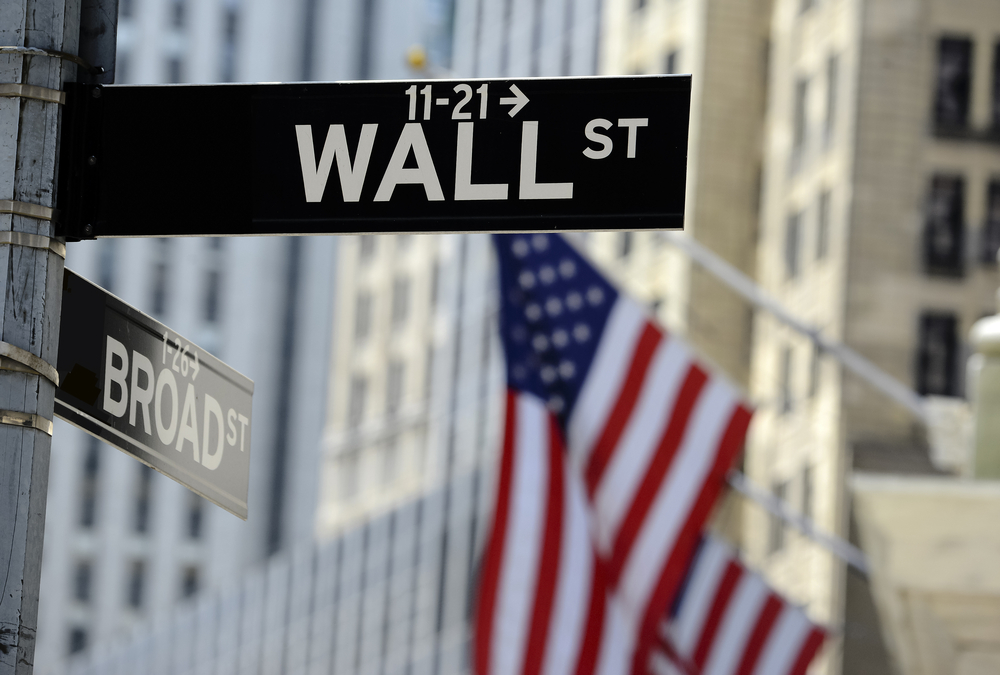The key players in Wall Street have taken measures to ease market volatility, after stepping in to stabilise First Republic which was left exposed as a result of the wider market’s stress.
Trepidation amongst investors has been widely elevated off the back of the collapse of Silicon Valley, which led to the Bank of America, Goldman Sachs, JP Morgan and others confirming they will deposit $30bn in First Republic.
A joint statement from the banks said: “The actions of America’s largest banks reflect their confidence in the country’s banking system. Together, we are deploying our financial strength and liquidity into the larger system, where it is needed the most.”
Whilst uncertainty and nervousness remains in the market, the steps taken by some of the biggest banks will serve to ease fears over the weekend.
Offering a joint statement, US treasury secretary Janet Yellen, Federal Reserve chair Jay Powell and senior regulators added: “This show of support by a group of large banks is most welcome, and demonstrates the resilience of the banking system.”
It’s a move that follows fears in Europe over volatility for Credit Suisse, which many believed could lead to a global financial crisis.
These fears were eased slightly as Credit Suisse secured $54bn from the Swiss National Bank, after markets were slightly assured over the bank meeting spital and liquidity requirements.
Prior to this, limits to the amount of cash being able to be put into the bank led to the selling off in some of its shares. However, speaking to CNBC, its key investor the Saudi National Bank moved to assure investors as it stated that the fears are ‘as completely unwarranted’.
He also revealed that interactions haven’t been held between the Saudi National Bank and Credit Suisse, over potentially helping secure a stable future for the bank.
It follows Credit Suisse’s latest financial report for its 2022 performance, which raised cause for concern as it reported that ‘management did not design and maintain an effective risk assessment process to identify and analyse the risk of material misstatements in its financial statement’.
Amid a challenging period, the European Central Bank surprisingly increased interest rates in the Eurozone by 0.5% to 3.5%, perhaps underlining the body’s confidence in market recovery.
The move had been touted since the start of the year, however, with an increasingly challenging time for Credit Suisse and the market many believed the move may have been delayed.




















